The phenomenon of sleep apnea is related to the respiratory system. Breathing problems at night are a prevalent cause of sleeplessness. The condition occurs with increased work of the respiratory muscles. Airflow is restricted through the upper airways, often accompanied by snoring. Repeated stops of airflow in the airways cause temporary hypoxia in the body.
The causes of sleep apnea vary. Depending on the cause, the type of sleep apnea can be distinguished. The number of apneas per hour of sleep sometimes varies. An apnea episode can occur several times throughout the night. In extreme cases, there are dozens of apnea episodes during each hour of sleep.
Sleep quality disorders should be taken seriously. Sleep apnea contributes to many diseases and is even directly life-threatening. Therefore, when you notice characteristic symptoms, getting diagnosed and receiving appropriate treatment is worthwhile.
Three types of sleep apnea can be distinguished. Sleep apnea can occur in a patient for various reasons. It is essential to consider this in the diagnosis. Direct causes include decreased muscle tone and dysfunction of brain structures. Therefore, we can divide sleep apnea into the following types:

This type of sleep apnea is the most common. Cyclic respiratory arrest during sleep is caused by low muscle tone![]() . There is an excessive decrease in the tension of the muscles of the soft palate of the uvula, tongue, and back wall of the throat. The collapse of the pharyngeal wall then leads to the closure of the airway lumen. Depending on the degree of their failure, breathing is impaired.
. There is an excessive decrease in the tension of the muscles of the soft palate of the uvula, tongue, and back wall of the throat. The collapse of the pharyngeal wall then leads to the closure of the airway lumen. Depending on the degree of their failure, breathing is impaired.
Sleep apnea is associated with dysfunction and damage to the brain structures![]() responsible for breathing. It consists of a complete cessation of airflow through the airways during sleep with simultaneous stoppage of the chest and abdomen respiratory movements.
responsible for breathing. It consists of a complete cessation of airflow through the airways during sleep with simultaneous stoppage of the chest and abdomen respiratory movements.
A respiratory arrest is due to a temporary interruption in the supply of nerve impulses from the brain to the respiratory muscles. It occurs, among others, in people who have undergone various illnesses. For example, a stroke or severe or chronic heart failure. It can also appear as a result of a person being at high altitudes.
This type of sleep apnea is a set of symptoms caused by various causes. In this case, patients have both central and obstructive sleep apnea. Chronic complex sleep apnea is associated with a significant risk of cardiovascular complications. The syndrome is often accompanied by: hypertension and heart-related disorders. In men, erectile dysfunction may occur.
The direct causes of sleep apnea are decreased muscle tone. Also problems in the flow of nerve impulses from the brain to the respiratory muscles. But various factors can contribute to the manifestation of the disease entity. The general and most common causes of this disease entity include:
Anatomical abnormalities![]() in the structure of the upper respiratory tract often cause sleep apnea. People with crooked nasal septum often experience the apnea problem. A crooked nasal septum impedes proper oxygenation of the body. Also, sleep apnea can be caused by a retracted mandible, hypertrophied palatine tonsils, and other anatomical abnormalities.
in the structure of the upper respiratory tract often cause sleep apnea. People with crooked nasal septum often experience the apnea problem. A crooked nasal septum impedes proper oxygenation of the body. Also, sleep apnea can be caused by a retracted mandible, hypertrophied palatine tonsils, and other anatomical abnormalities.
Another cause is the excessive use of certain medications. Benzodiazepines![]() inhibits the respiratory center. Sleep apnea can cause insomnia, leading to frequent use of sleep aids. But this type of medication can increase the symptoms of sleep apnea.
inhibits the respiratory center. Sleep apnea can cause insomnia, leading to frequent use of sleep aids. But this type of medication can increase the symptoms of sleep apnea.
Obstructive sleep apnea can occurs in people with diseases that cause nasal obstruction – such as allergies![]() . People suffering from allergic rhinitis sometimes have periods of sleep apnea. Apnea may also be caused by smoking and drinking alcohol. The stimulants
. People suffering from allergic rhinitis sometimes have periods of sleep apnea. Apnea may also be caused by smoking and drinking alcohol. The stimulants![]() cause a reduction in the tension of the muscles located within our throat. Simply eliminating stimulants can completely cure a mild form of sleep apnea.
cause a reduction in the tension of the muscles located within our throat. Simply eliminating stimulants can completely cure a mild form of sleep apnea.
Causes of sleep-disordered breathing include obesity![]() . A wide neck with subcutaneous fat pressing against the throat walls makes breathing significantly more difficult. Also, certain health conditions can cause sleep apnea, like hypothyroidism. A thyroid gland that produces too little or too many hormones disrupts the body's metabolism, affecting sleep.
. A wide neck with subcutaneous fat pressing against the throat walls makes breathing significantly more difficult. Also, certain health conditions can cause sleep apnea, like hypothyroidism. A thyroid gland that produces too little or too many hormones disrupts the body's metabolism, affecting sleep.
Sleep apnea symptoms may be difficult for the patient to recognize. While we sleep, we may not know how our respiratory system works. Some symptoms, such as fatigue, are attributed to other causes. This is because fatigue is a common symptom of various diseases. However, when suspicions arise, it is worth performing special tests to confirm the presence of sleep apnea. Symptoms of sleep apnea include:
Sleep apneahave a wide range of symptoms![]() related to sleep at night and malfunction during the day. Common symptoms include irregular and loud snoring. Snoring is interrupted by periods of silence. Roommates or family members can notice it.
related to sleep at night and malfunction during the day. Common symptoms include irregular and loud snoring. Snoring is interrupted by periods of silence. Roommates or family members can notice it.
Another symptom is frequent awakening from sleep. That's when patients may see other signs such as an accelerated heartbeat and a feeling of shortness of breath. Other heart-related symptoms may appear in the Central type of sleep apnea.
Mouth breathing during sleep can lead to a dry mouth feeling in the morning and coughing. You may also notice excessive sweating or feelings of restlessness after waking up. Headaches may also accompany this.
The daily symptom of sleep apnea is often general fatigue, which cannot be explained by increased exertion or other causes. Breathing problems also affect mental health. They can be related to irritability, mood changes, or even depression. In men, problems arise in the sexual sphere.
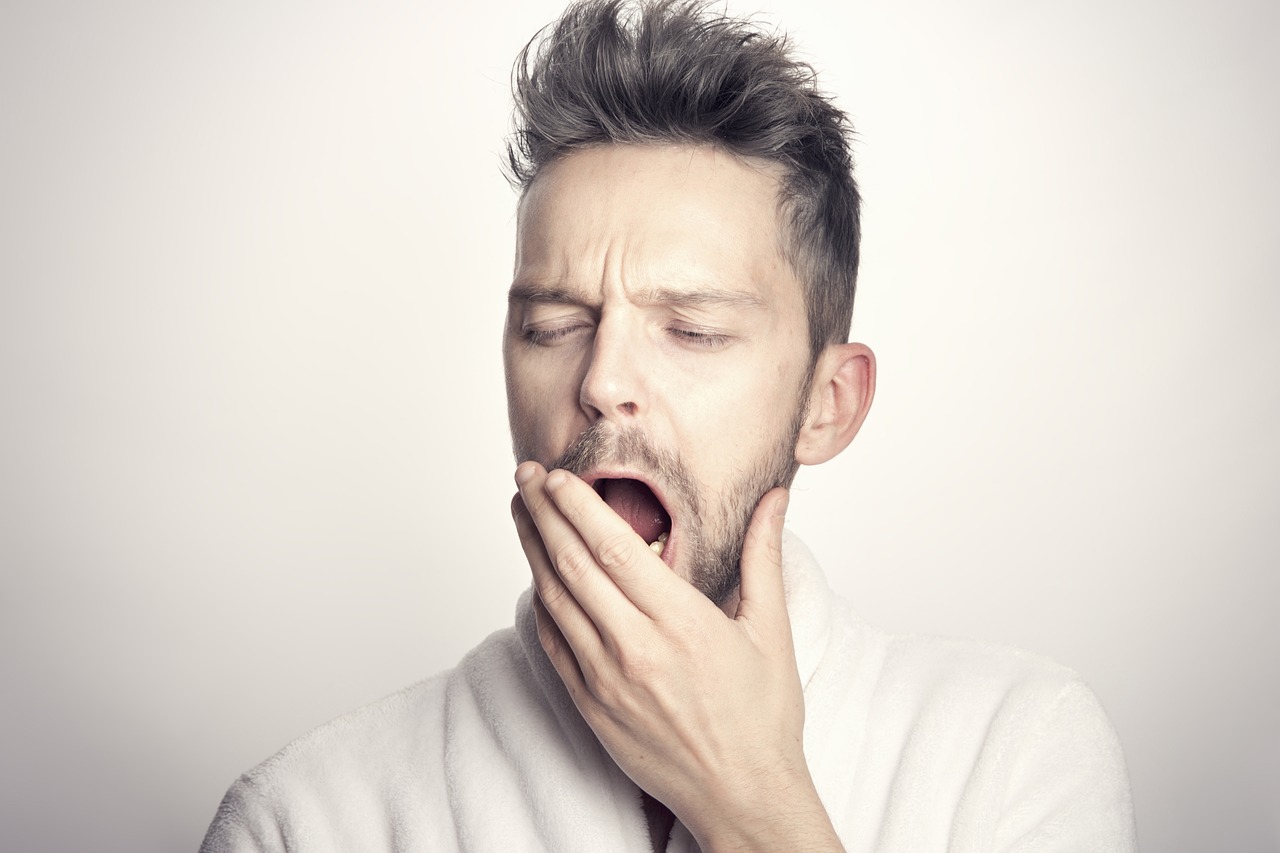
Sleep apnea can be challenging to recognize. Some symptoms may be underestimated or confused with other medical conditions. However, excessive fatigue or sleep problems should increase your alertness. Sleep apnea can be diagnosed with a particular medical test.
A polysomnography test![]() is recommended. It involves observing and monitoring the patient's breathing and chest movements during sleep. Polysomnography is performed in snoring patients when obstructive sleep apnea is suspected.
is recommended. It involves observing and monitoring the patient's breathing and chest movements during sleep. Polysomnography is performed in snoring patients when obstructive sleep apnea is suspected.
Besides, the test is also recommended for people accompanied by frequent awakenings at night. The result of the polysomnography test is reliable and credible, provided that it lasts an appropriate amount of time.
Sleep apnea is also sometimes caused by anatomical problems of the upper respiratory tract. Therefore, the opinion of an ENT![]() specialist is also needed to eliminate these causes. Then treatments may be necessary, such as realigning a crooked nasal septum.
specialist is also needed to eliminate these causes. Then treatments may be necessary, such as realigning a crooked nasal septum.
Complementing the diagnosis of sleep apnea is a medical history. The specialist must determine what is the root cause of the appearance of the pathology, as well as assess the general state of health.
Sleep apnea is a condition that requires treatment. Underestimating symptoms can have negative consequences for health and even life. Treatment of patients with sleep apnea includes various methods.
It is necessary to eliminate the leading cause of sleep apnea. This often requires changing daily habits. In cases of obesity or smoking, this is crucial. Sometimes an ENT examination![]() is also needed to see if anatomical abnormalities are an additional cause. Then surgery ensures the discomfort is resolved.
is also needed to see if anatomical abnormalities are an additional cause. Then surgery ensures the discomfort is resolved.
However, the lack of success of these methods and the presence of more advanced forms of bottom apnea indicates another way of therapy. Then the treatment consists of generating positive airway pressure, which prevents airway collapse. For this purpose, apparatuses are used with a mask worn over the nose before bedtime. It is called CPAP treatment![]() method.
method.
It may also be necessary to use oral prostheses and appropriate splints, which are supposed to lead to airway obstruction during sleep. Successful therapy ensures improved sleep quality and a lack of daytime sleepiness. It leads to the control of hypertension and other pulmonary and cardiovascular complications.
Untreated sleep apnea poses a threat to health and life. It can lead to complications, such as the development of diseases. A chronic state of nocturnal hypoxia increases the risk of cardiovascular diseases. It is also a condition that significantly impedes daily functioning and affects the overall quality of life. The consequences of untreated sleep apnea include:
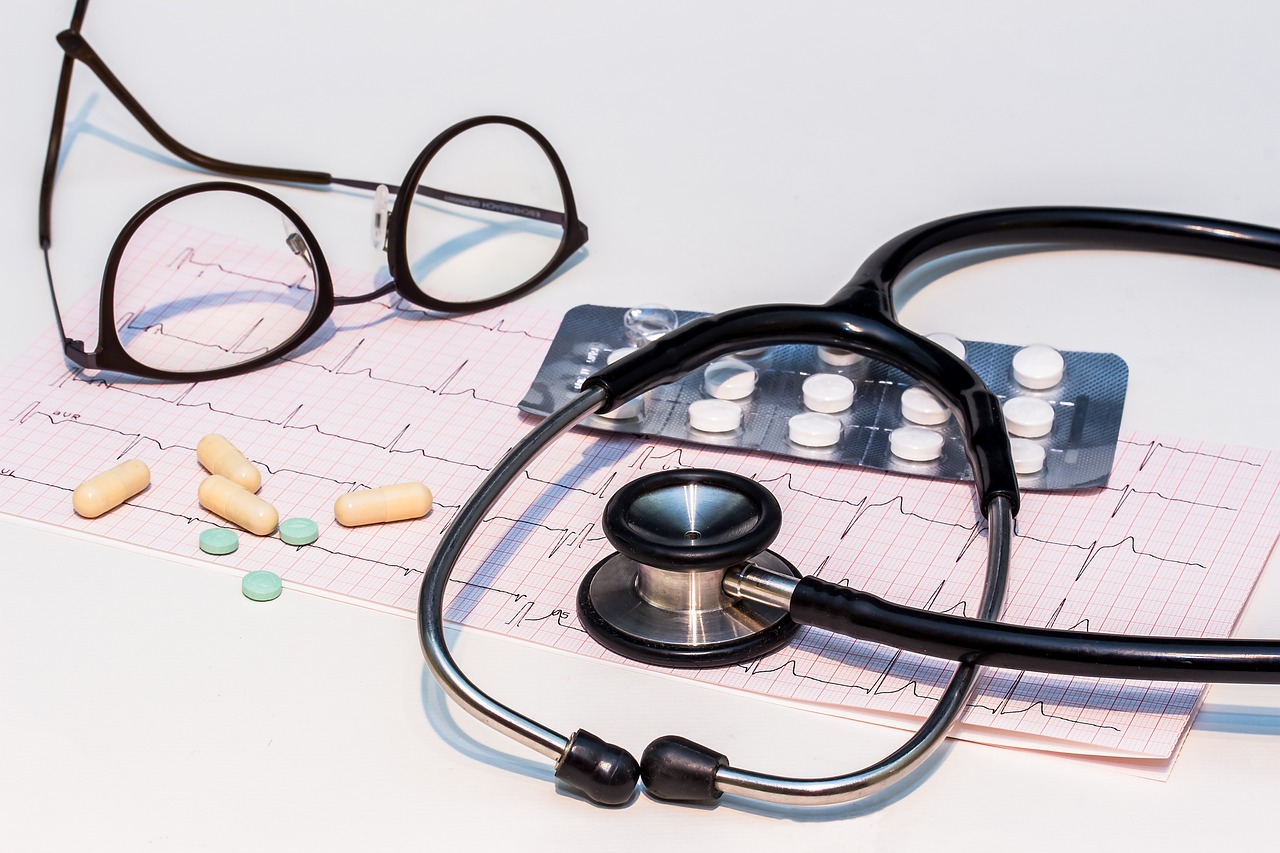
Sleep apnea, lowering the oxygen content of the blood. This causes hypoxia in the body. Impaired breathing increases the activity of the sympathetic nervous system – which translates into a faster heartbeat. The consequence is an increase in blood pressure – hypertension![]() . Therefore, sleep apnea is associated with cardiovascular diseases
. Therefore, sleep apnea is associated with cardiovascular diseases![]() .
.
High blood pressure, even if it does not cause temporary discomfort, causes progressive changes in the vascular system. These changes can result from a heart attack, stroke, and many other severe conditions. The cardiovascular consequences of sleep apnea include several abnormalities. Apnea patients with already developed coronary artery disease are at the most significant risk.
Respiratory disorders also negatively affect the body's metabolic processes![]() . This promotes excessive weight gain, and obesity can further increase sleep apnea symptoms. Untreated sleep apnea can also lead to gastrointestinal problems such as heartburn and reflux.
. This promotes excessive weight gain, and obesity can further increase sleep apnea symptoms. Untreated sleep apnea can also lead to gastrointestinal problems such as heartburn and reflux.
Also, it affects overall mood and mental health. The symptoms of sleep disorders can have a devastating effect on nervous system![]() . Obstructive sleep apnea worsens emotions and can contribute to depression and anxiety. Excessive fatigue and drowsiness are especially dangerous when patients drive motor vehicles. Traffic accidents are more likely due to impaired concentration or sudden sleep.
. Obstructive sleep apnea worsens emotions and can contribute to depression and anxiety. Excessive fatigue and drowsiness are especially dangerous when patients drive motor vehicles. Traffic accidents are more likely due to impaired concentration or sudden sleep.
Sleep affects the condition of the entire body and is essential. Sleep deficiencies, as well as disturbances in its quality and rhythm, affect health. Sleep apnea is a disease that involves episodes of respiratory arrest or shallow breathing and a significant reduction in airflow. Proper airflow is then impossible, causing the body to experience temporary hypoxia. Sleep apnea produces a variety of symptoms. Signs manifest during sleep at night and during the day. Determining the cause is often crucial to diagnosis to select the appropriate treatment method. The consequences of untreated sleep apnea include a range of adverse health disorders.
Table of Contents
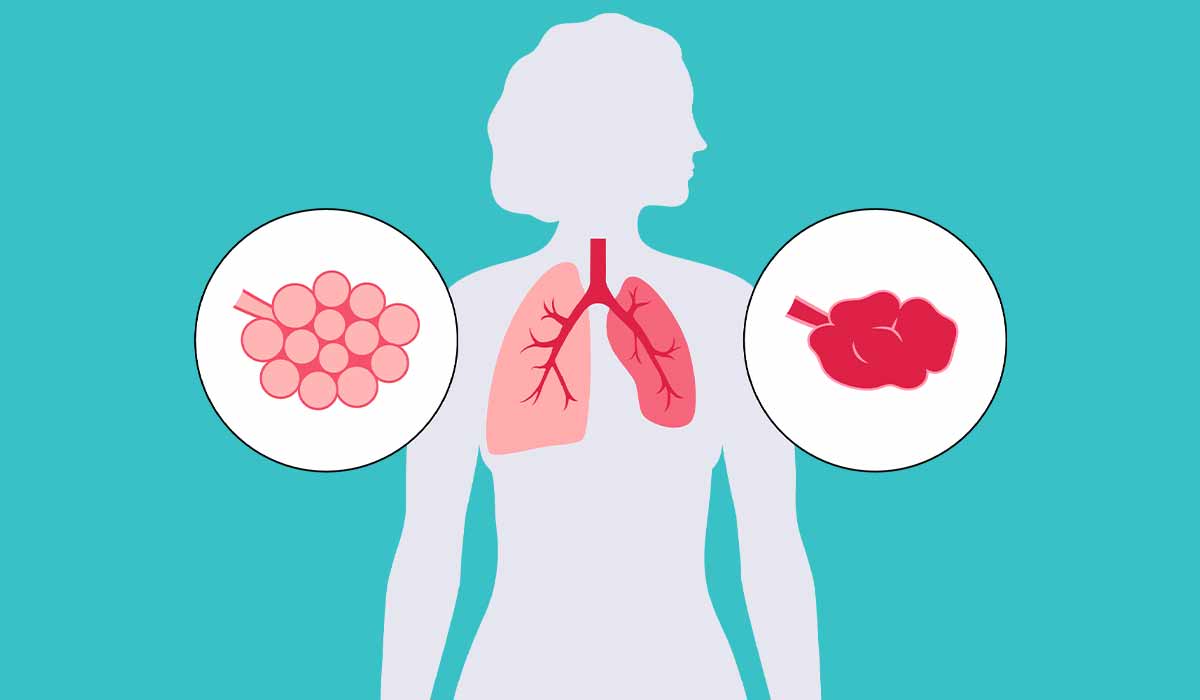
Atelectasis is a lung condition in which parts of the alveoli, tiny air sacks in the lung, lose air. When… read more »
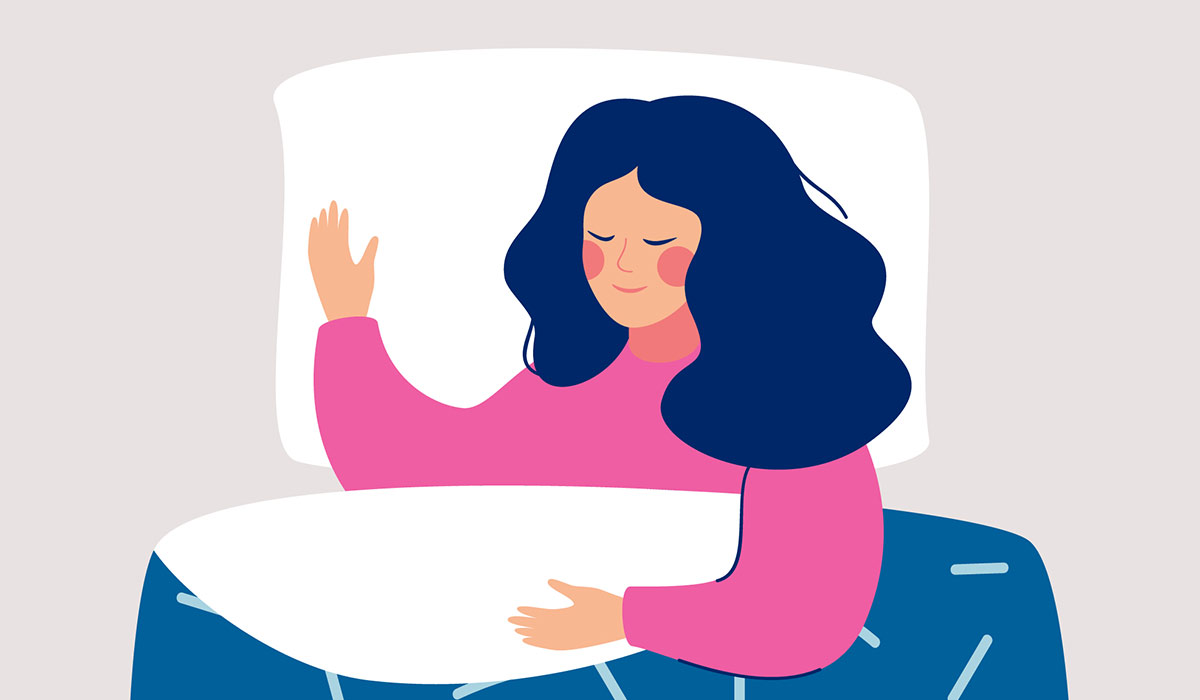
REM is the stage of sleep in which rapid eye movements occur. What then happens in the brain and body?… read more »
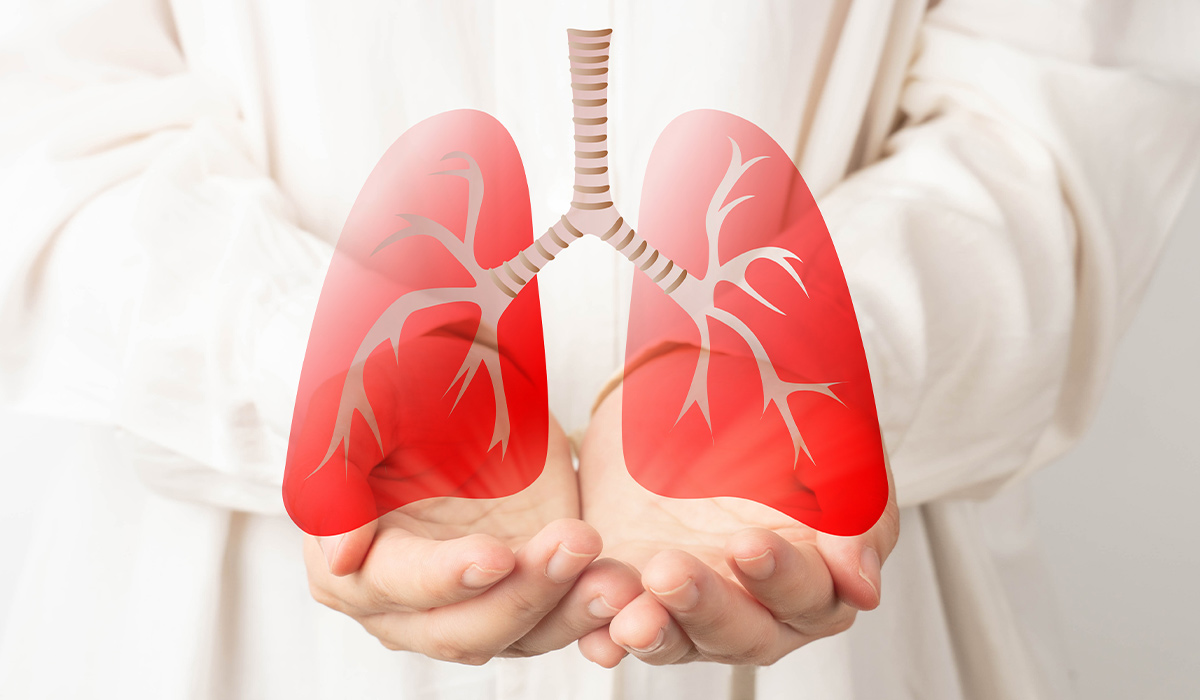
Chronic obstructive pulmonary disease, a condition commonly known as COPD, is the third most frequent cause of death in the… read more »
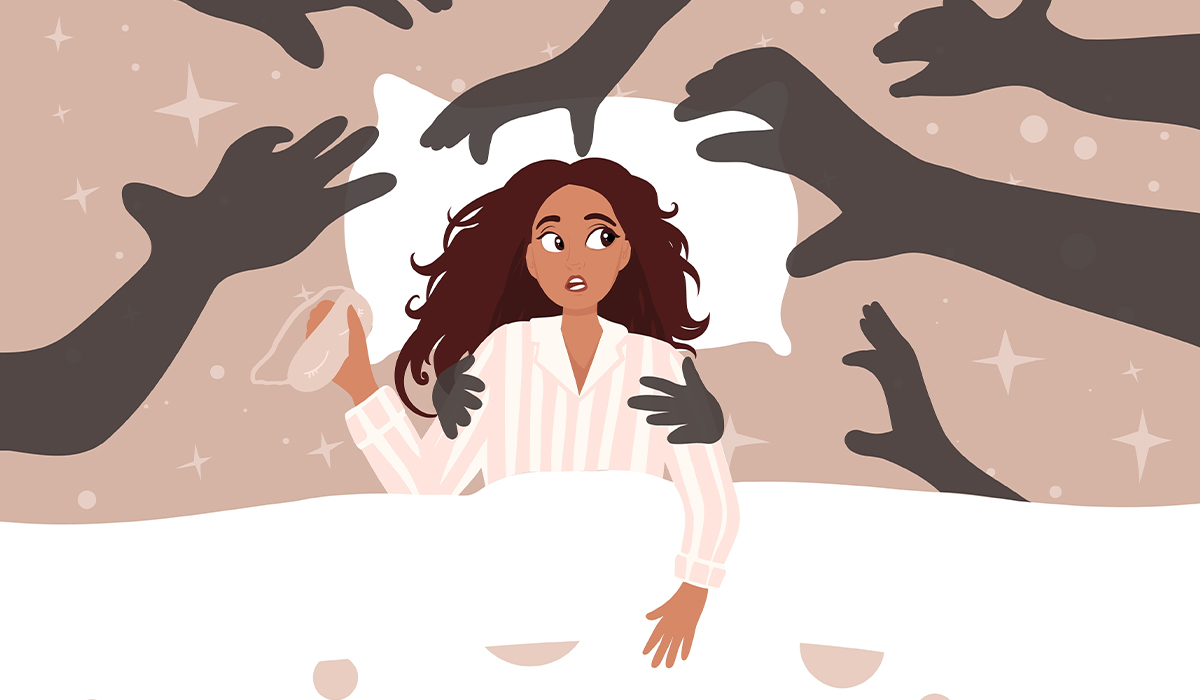
Sleep paralysis is a condition in which you experience a feeling of inertia of the entire body. What are the… read more »
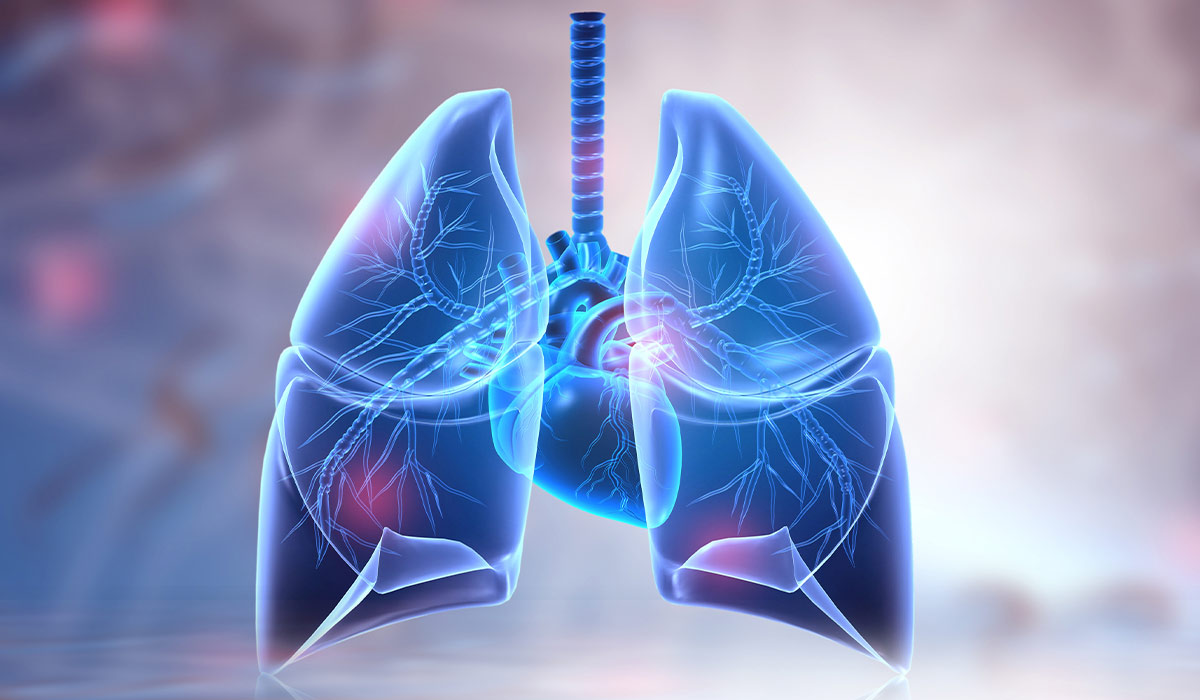
Hypercapnia is a condition in which the partial pressure of carbon dioxide in our blood is increased. This can be… read more »

Insomnia is characterized by insufficient duration or unsatisfactory quality of sleep. The problem can take many forms. What are its… read more »
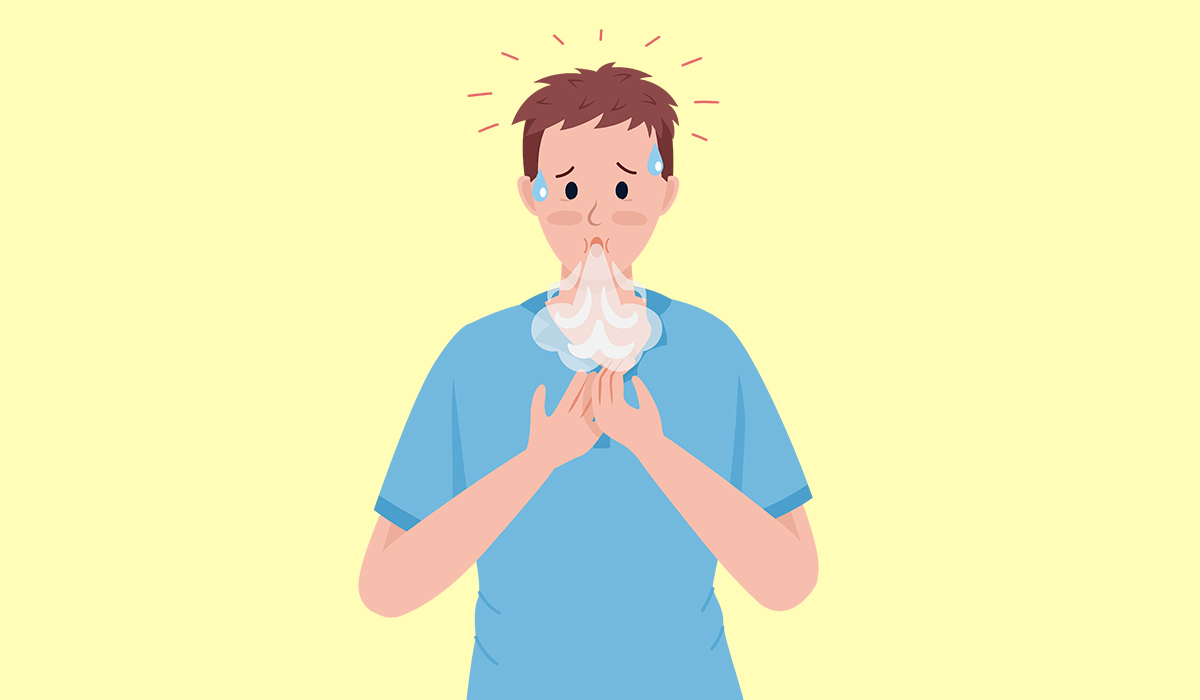
Hypoxia occurs when the body's tissues don't get enough oxygen. Suffering from this issue can lead to breathing difficulties, an… read more »
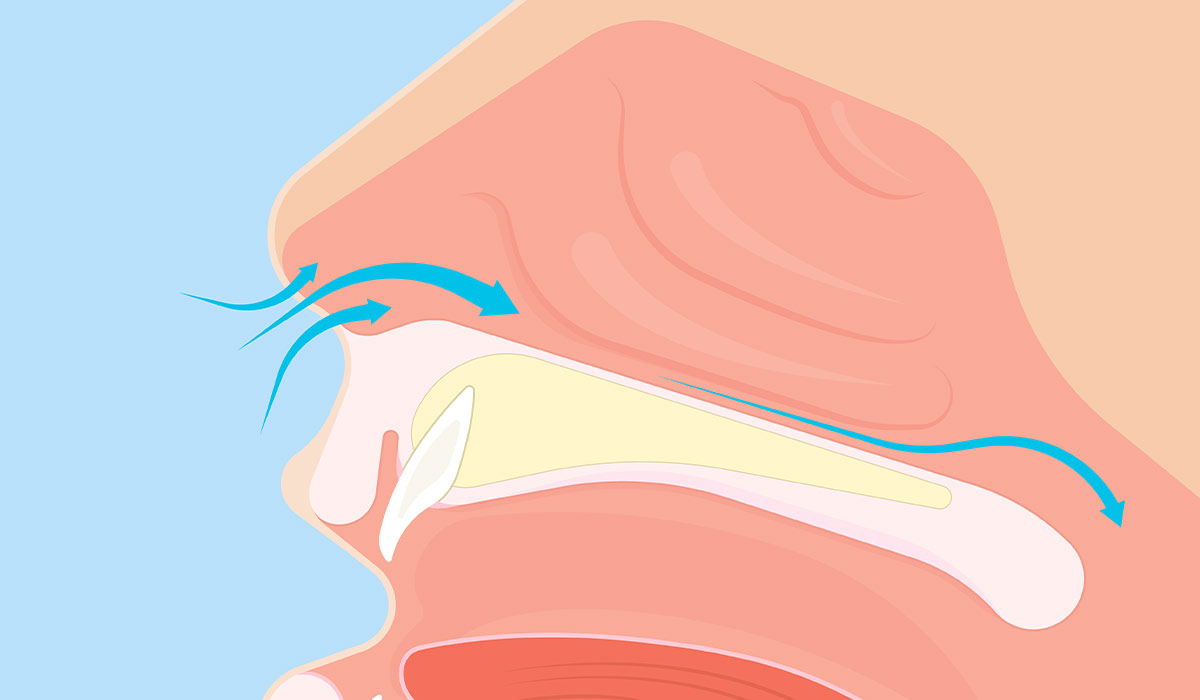
A deviated nasal septum causes many problems. What are the causes of this condition? What is the diagnosis and treatment… read more »
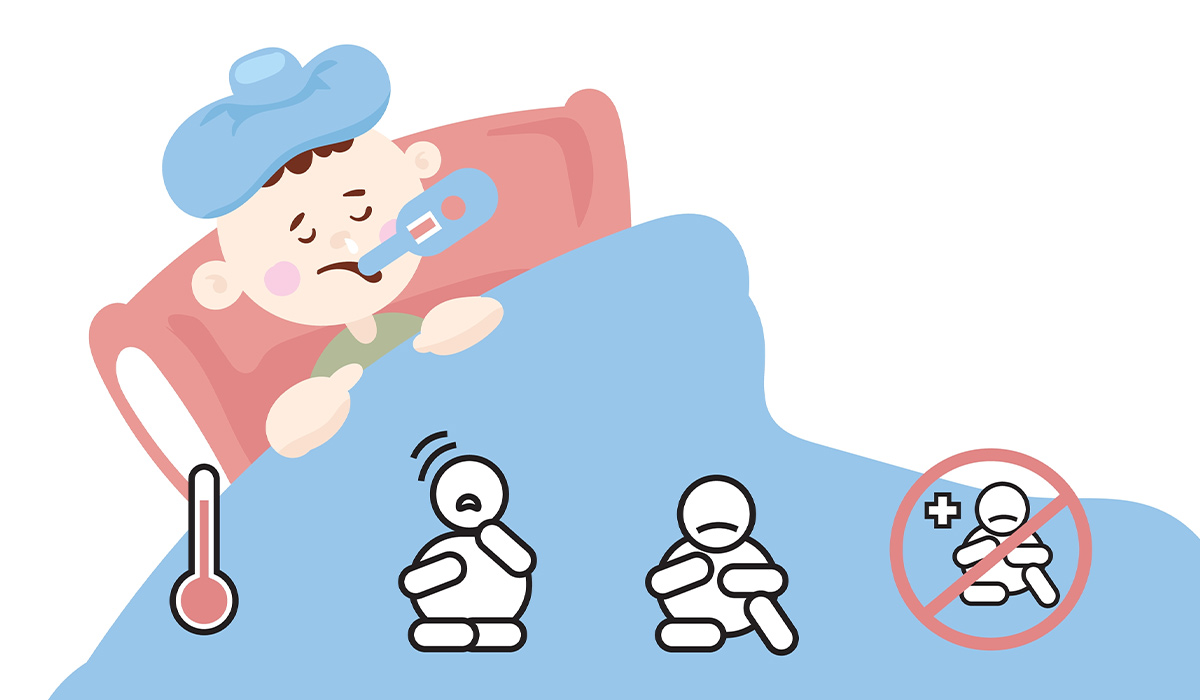
RSV is a virus that causes respiratory infections. It is especially dangerous for for infants and and children under two… read more »